Artists in Exile
How Refugees from Twentieth-Century War and Revolution Transformed the American Performing Arts
Joseph Horowitz

What today is the meaning of foreign, the meaning of homeland?When the homeland becomes foreign, the foreign becomes the homeland.
Thomas Mann, 1941
Santa Monica, California
Contents
Cultural Exchange
Dvo k and the New WorldThe intellectual migrationThe American performing arts in 1900
k and the New WorldThe intellectual migrationThe American performing arts in 1900
How To Become An American: A Fortuitous Partnership of Dance and Music
St. Petersburg and Sergey Diaghilev educate Georgi BalanchivadzeBalanchine invents an American balletIgor Stravinsky eyes AmericaThe Balanchine /Stravinsky synthesisReturning to Russia
The German Colonization of American Classical Music
Rudolf Serkin, Adolf Busch, and the Berlinerisch spiritThe German-American juggernautStrangers in America: Otto Klemperer and Dimitri MitropoulosComposers on the sidelines: Arnold Schoenberg, Paul Hindemith, Bla BartkErich Korngold wows HollywoodKurt Weill tackles Broadway
The Musical Margin of the Ungerman
Edgard Varse and the sirens of ManhattanLeopold Stokowski invents himselfSerge Koussevitzky in search of the Great American SymphonyArturo Toscanini and the culture of performance
In Hollywood we Speak German
Marlene Dietrich and The Blue AngelThe New German Cinema relocates to CaliforniaFoxs German genius: F. W. MurnauThe Lubitsch touchGarbo laughsFritz Langs American exileFour who came and went: Victor Sjstrm, Ren Clair, Jean Renoir, Max OphulsAn inside operator: Billy WilderSalka Viertels salon and the blacklist
Delayed Reaction: Stanislavsky, Total Theater, And Broadway
Max Reinhardt: An unattainable opportunityBertolt Brecht and HUACAlla Nazimova inhabits Hedda GablerThe Stanislavsky influenceRouben Mamoulians choreographic touchBoris Aronson and the Meyerhold idealImmigrants and American musical theater
Summarizing cultural exchange: Thomas Mann and Vladimir NabokovPostscript: The Cold WarCultural exchange and the twenty-first century
THE COMPOSER ROGER SESSIONS, whose grandmothers great-grandfather was a Civil War general, did not believe in consciously seeking an American musical identity. I never worried about it, he once told an interviewer. Now, Aaron Copland said that I didnt worry about it because I came from an old family, and that is undoubtedly part of my life, because I realized that with that background I always had a basic sense of social securitysecurity in American society.
Coplands parents came from Russia. So did George Gershwins. So did Leonard Bernsteins. Copland, Gershwin, and Bernstein all thought and wrote about what makes music sound American. Other American composers left this topic alone; like Sessions, they preferred to let it take care of itself. John Knowles Paine, who could trace his ancestry directly to the Mayflower, counseled against imitating folk songs, Negro melodies, or Indian tunes in conscious pursuit of national style. Virgil Thomson, who traced his ancestry to the American Revolution, defined American music as music composed by Americans, period.
As newcomers, the performing arts immigrants of my book were all confronted by the puzzle of American culture. It seemed elusive in comparison with the cultural identities of nations older and less polyglot. What is America? is a question they necessarily addressed, publicly or privately, crucially or tangentially. It was in this spirit that Kurt Weill sought out iconic American writers as collaborators; that George Balanchine chose to cross the United States by car a dozen times, camping in New Mexico and Wyoming; that Fritz Lang visited Indian reservations and clipped American newspapers; that Boris Aronson inspected five-and-ten-cent stores, and also the shacks and hotel rooms of poor blacks.
As Hugh van Dusen of HarperCollins recognized when he proposed that I write about the twentieth-century intellectual migration to the United States, the topic of my books has ever been the fate of Old World art and artists transplanted to the New World. Like Copland, Gershwin, and Bernstein, I have felt a need to figure out what it is to be American. Understanding Toscanini: How He Became an American Culture-God and Helped Create a New Audience for Old Music (1987) studies a flawed democratization of European high culture. The Ivory Trade: Music and the Business of Music at the Van Cliburn International Piano Competition (1980), a kind of sequel, scrutinizes the culture of the piano as transformedas buoyed or disfiguredin and by Fort Worth, Texas. Wagner Nights: An American History (1994) shows how Wagnerism was reinterpreted by Americans as a meliorist crusade in the late Gilded Age. Classical Music in America: A History of Its Rise and Fall (2005) pays special attention to practitionersbeleaguered, outnumberedwho charted paths remote from Old World models. Dvo k in America: In Search of the New World (2003) uses Europe to help young readers define what makes America different. The Post-Classical Predicament: Essays on Music and Society (1995) includes, as The Composer as Emigrant, the kernel of Artists in Exile . Even Conversations with Arrau (1982), a piano book, happens to deal with an artist who relocated to the United Statesand with how relocation impacted on his life and career.
k in America: In Search of the New World (2003) uses Europe to help young readers define what makes America different. The Post-Classical Predicament: Essays on Music and Society (1995) includes, as The Composer as Emigrant, the kernel of Artists in Exile . Even Conversations with Arrau (1982), a piano book, happens to deal with an artist who relocated to the United Statesand with how relocation impacted on his life and career.
My fascination with cultural displacement and accommodation must say something about my own cultural condition. I am neither an immigrant nor the son of immigrants. But all my grandparents were born abroad, within the Jewish pale of Russia and Eastern Europe. My father grew up in a Yiddish home on Manhattans Lower East Side. As a New Yorker, I inhabit what remains a city of immigrants. My Upper West Side neighborhood resists homogenization. My daughter, who was born in China, attends school with Mexicans, Puerto Ricans, Koreans, African-Americans. My wife was born in Budapest. Many of my close friends are European, Russian, or Asian. My son was, like myself, born in New York. I do and do not feel American.
That classical music has been a lifelong personal passion compounds my situation. Born in Europe, imported to the United States, it has since World War I occupied an increasingly odd and insular corner of the American experience. To be an American classical musician is a challenged vocation. Even Bernstein, whose vocation in music triumphed internationally, pursued the puzzle of American identity so tenaciously as to embody it: his TV lectures and Young Peoples Concerts chronicle a never-ending quest for validation. They mount argument after argument to buttress the case for a distinct American music worthy of comparison to the parent culturethat Of Thee I Sing exhibits a technical mastery equivalent to that of The Mikado ; that Rodgers and Hammerstein is akin to Carmen in its original opra comique form; that orchestration is as typically exemplified by a Gershwin clarinet riff as by a Debussy flute solo. My own pertinent experience was to discover myself, in young adulthood, brainwashed into equating great music with dead European masters, and subsequently to discover the intellectual decline of classical music generally. My remedial activities have included writing books and producing concerts that seek to expand the parameters of the concert experience, and to celebrate a post-classical American musical landscape with excursions into film, dance, and literature, and into the popular and indigenous arts.

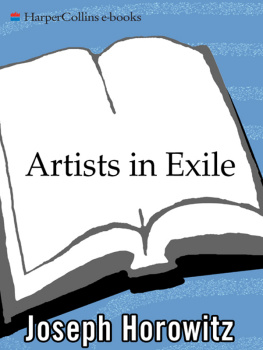
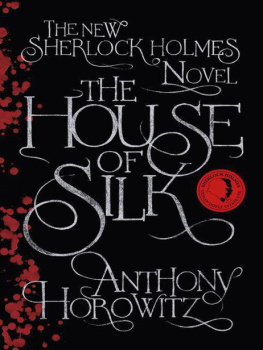
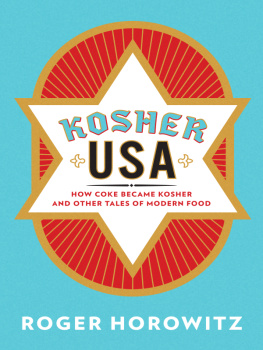
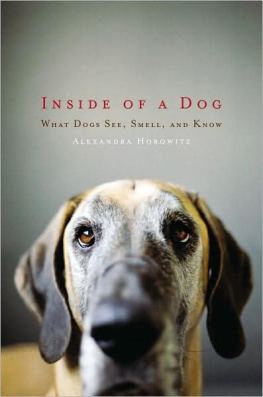
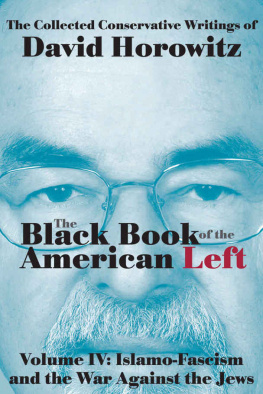
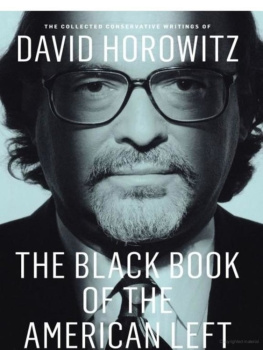
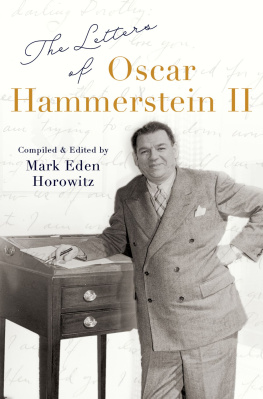
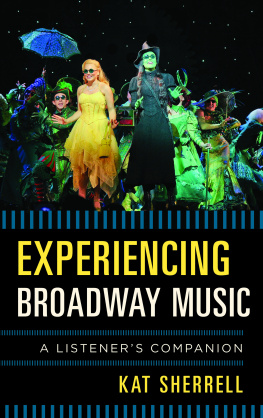

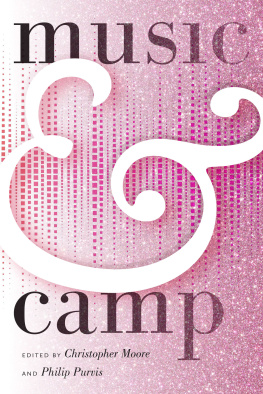
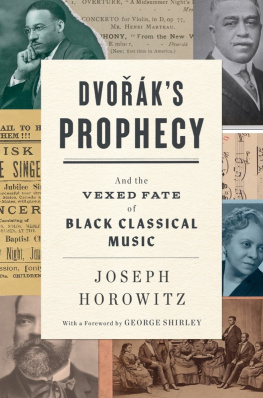
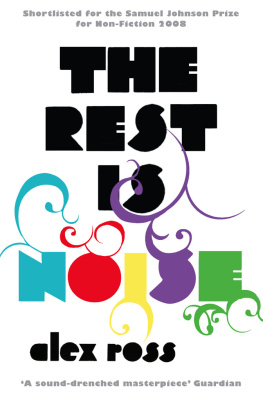
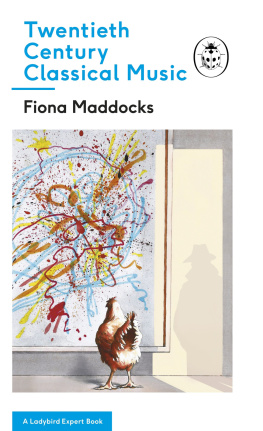
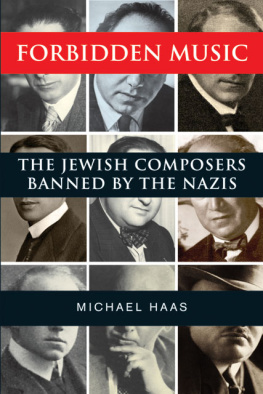


 k and the New WorldThe intellectual migrationThe American performing arts in 1900
k and the New WorldThe intellectual migrationThe American performing arts in 1900